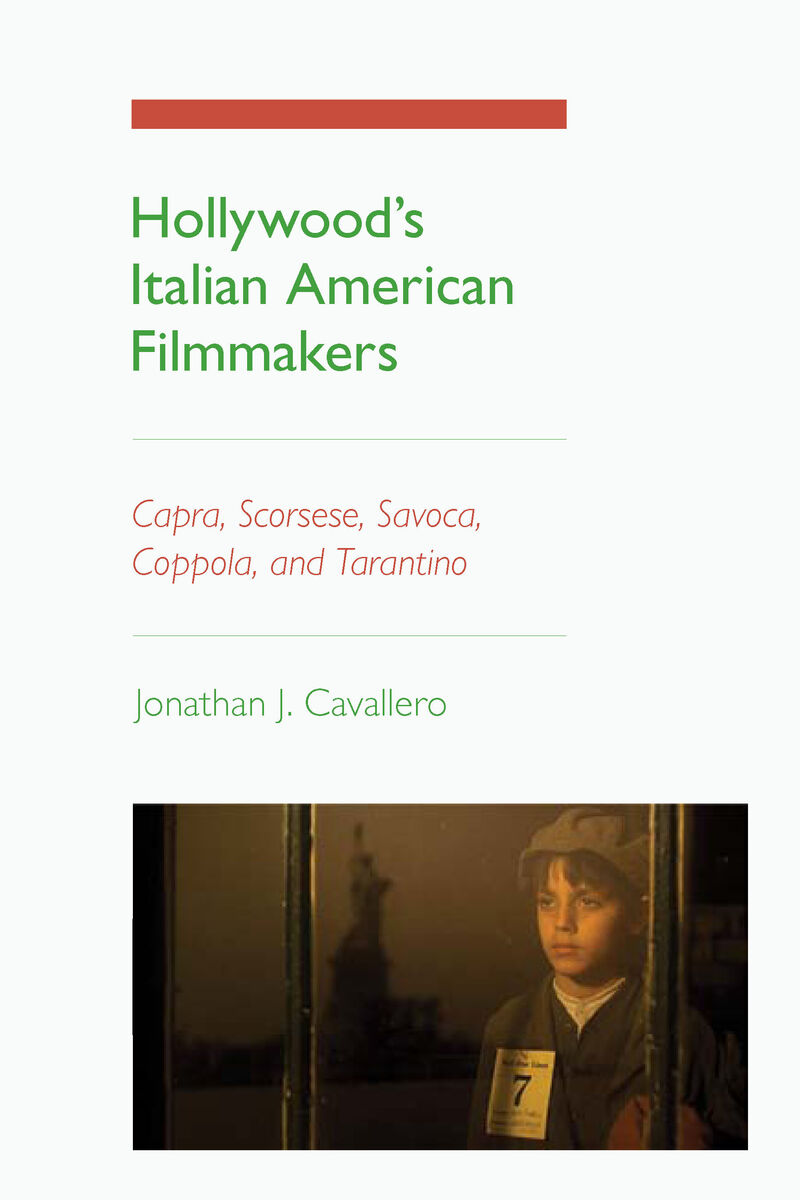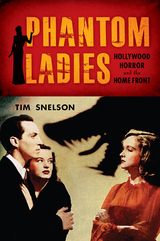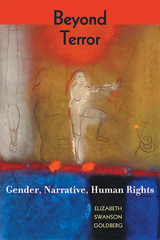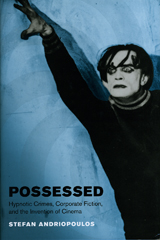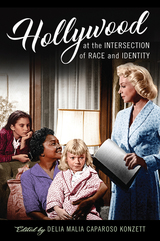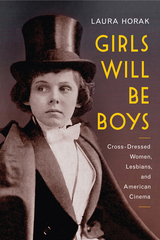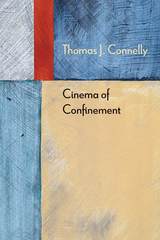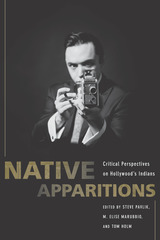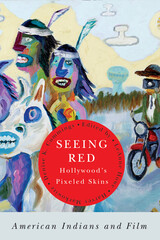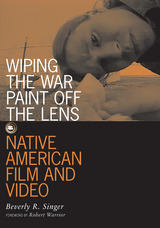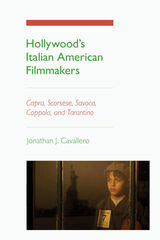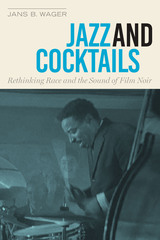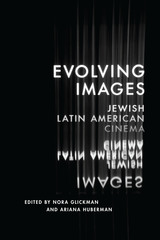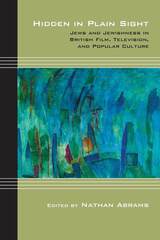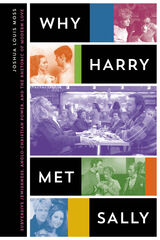Hollywood's Italian American Filmmakers: Capra, Scorsese, Savoca, Coppola, and Tarantino
University of Illinois Press, 2011
Cloth: 978-0-252-03614-9 | eISBN: 978-0-252-09319-7 | Paper: 978-0-252-07807-1
Library of Congress Classification PN1995.9.I73C38 2011
Dewey Decimal Classification 791.4308951073
Cloth: 978-0-252-03614-9 | eISBN: 978-0-252-09319-7 | Paper: 978-0-252-07807-1
Library of Congress Classification PN1995.9.I73C38 2011
Dewey Decimal Classification 791.4308951073
ABOUT THIS BOOK | AUTHOR BIOGRAPHY | REVIEWS | TOC
ABOUT THIS BOOK
Hollywood's Italian American Filmmakers explores the different ways in which Italian American directors from the 1920s to the present have responded to their ethnicity. While some directors have used film to declare their ethnic roots and create an Italian American "imagined community," others have ignored or even denied their background. Jonathan J. Cavallero examines the films of Frank Capra, Martin Scorsese, Nancy Savoca, Francis Ford Coppola, and Quentin Tarantino with a focus on what the films reveal about each director's view on Italian American identities. Whereas Capra's films highlight similarities between immigrant characters and WASP Americans, Scorsese accepts his ethnic heritage but also sees it as confining. Similarly, many of Coppola's films provide a nostalgic treatment of Italian American identity, but with little criticism of the culture's more negative aspects. And while Savoca's movies reveal her artful ability to recognize how ethnic, gender, and class identities overlap, Tarantino's films exhibit a playfully postmodern engagement with Italian American ethnicity.
Cavallero's exploration of the films of Capra, Scorsese, Savoca, Coppola, and Tarantino demonstrates how immigrant Italians fought prejudice, how later generations positioned themselves in relation to their predecessors, and how the American cinema, usually seen as a cultural institution that works to assimilate, has also served as a forum where assimilation was resisted.
See other books on: Ethnicity in motion pictures | Film | Italian Americans in motion pictures | Motion picture producers and directors | Tarantino
See other titles from University of Illinois Press
